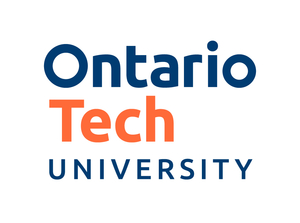Investigating the role of informal online communities of practice (CoPs) in professional learning: the experience of second/foreign language teachers
Abstract
This study examined Ukrainian language teacher notions, attitudes, feelings, and experiences related to participation in informal online Communities of Practice (CoPs) as an alternative means of professional learning. Findings from samples in Canada and Ukraine indicate opportunities for, and some challenges to, professional learning within virtual (online, Web-based) communities. In addition to traditional data collection methods, the study involved a novel case study analysis of two focus groups (4-6 teachers each), one in Lviv, Ukraine, which was physically co-located, and another in Edmonton, Alberta, conducted using the Adobe Connect online meeting platform. Group members in each city participated in a Repertory Grid activity, the aim of which was for participants to move towards consensus on elements and constructs they felt characterize informal online CoP experiences for professional learning—itself an exercise in community-building (Gaines & Shaw, 2012b). A theoretical framework was developed to guide the investigation, called the “Autonomous Learning Framework for Informal Online CoPs (ALFIO-CoPs),” which helps to elucidate knowledge creation in informal online inquiry communities. The framework was used to address some of the factors which influence the broader informal online CoP experience for personally meaningful professional learning. The Ukrainian language teachers involved in this investigation strongly approved of the informal online CoP for professional learning, some even suggesting that it is the only distinct form of alternative online professional learning, while viewing other online networks and groups as more casual or personal in nature. As professionals, they recognized that emotional self-efficacy, technological self-efficacy, and technological pedagogy are uniquely supported in these communities, owing to such factors as community self-determination, mentorship, apprenticeship, and the ubiquity of the learning experience. Nonetheless, other factors, such as awareness of this form of professional learning, Internet access, time commitment, praxis issues, and professional recognition of the community experience were among the challenges to participation identified by the teachers involved in the study, and which warrant further research.

